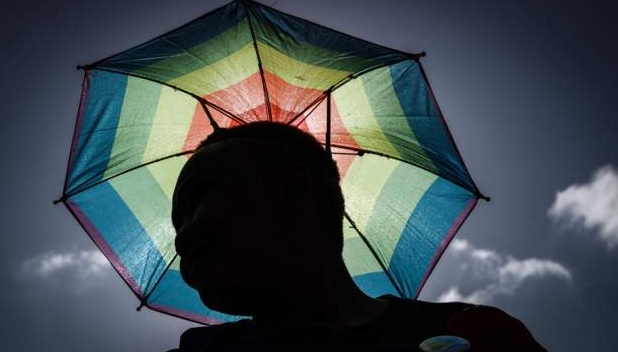By John Ikani
Mauritius has overturned a long-standing colonial-era law that made same-sex relations a criminal offence.
On Wednesday, the Supreme Court of Mauritius ruled that Section 250 of the Mauritian Criminal Code, in existence since 1898, was no longer valid under the country’s constitution.
Under the law, individuals found engaging in same-sex relationships could face imprisonment for up to five years.
The Supreme Court’s judgment highlighted that the repealed law did not align with “indigenous Mauritian values” but was a relic of the colonial past inherited from Britain.
The journey to revoke the anti-homosexuality law traces back to October 2019 when four young Mauritians associated with the Young Queer Alliance challenged the law in court, citing a violation of their fundamental rights and freedoms.
The decision has garnered praise from the United Nations and various human rights organizations.
“The UN welcomes Mauritius’ choice to join the growing number of African nations that protect the human rights of all, including LGBTQI+ individuals,” remarked UNAids in a statement.
With this ruling, Mauritius becomes the latest African nation to decriminalize or legalize same-sex relationships, following the footsteps of countries like Angola, Botswana, Seychelles, and Mozambique.




































